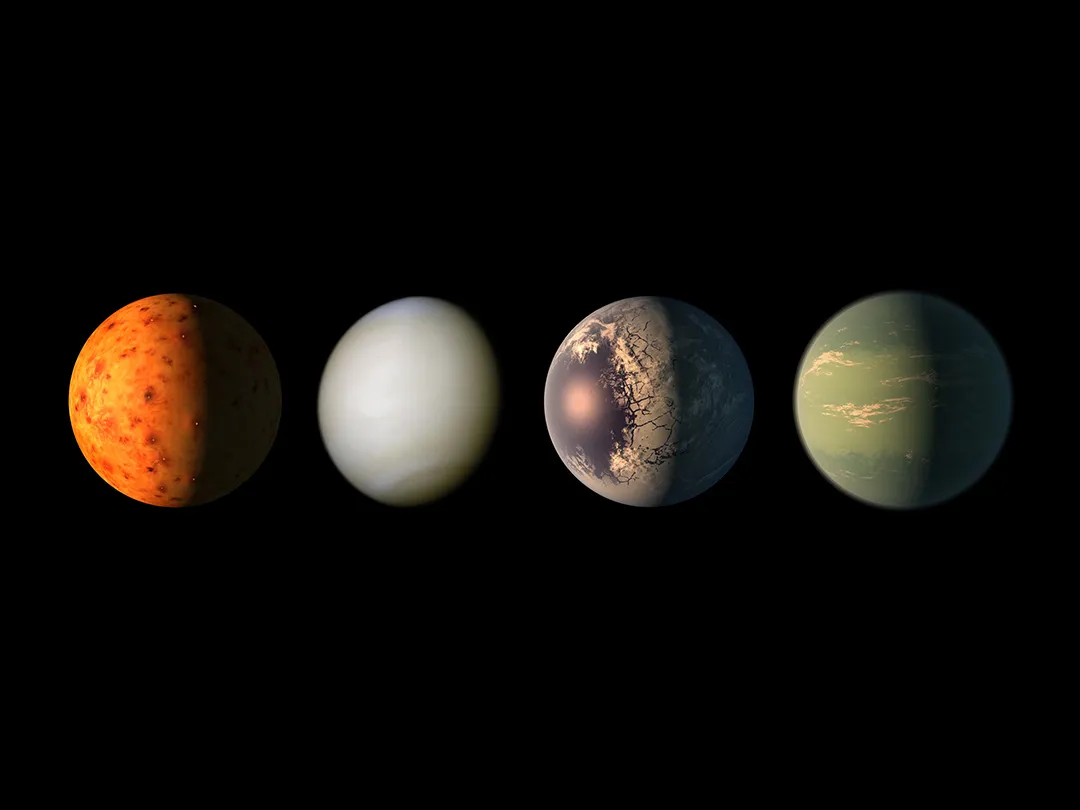The excitement about extraterrestrial life has faded as researchers raise new skepticism about recent reports of possible “biosignatures” detected on a distant exoplanet. Earlier this month, astronomers set the world talking by reporting the discovery of faint chemical signals that may indicate the existence of life on a planet around a distant star.
But follow-up analysis and peer review have raised doubts about the validity and strength of original data. The most important molecules taken to signal biological activity — like dimethyl sulfide, usually emitted by plankton on Earth — might have been mistaken or co-mingled with other atmospheric process signals.
The planet in question, within the habitable zone of its star system, had raised hopes because of its Earth-like atmosphere and surface. But experts now caution that understanding exoplanet atmospheres is a developing science, and evidence for alien life should be treated with utmost skepticism.
While the hunt for life on other planets goes on, scientists point out that this is not a failure, but a step forward in further improving the techniques employed for detecting biosignatures. It is a reminder that unusual claims require unusual evidence — and that science lives on strict verification.









